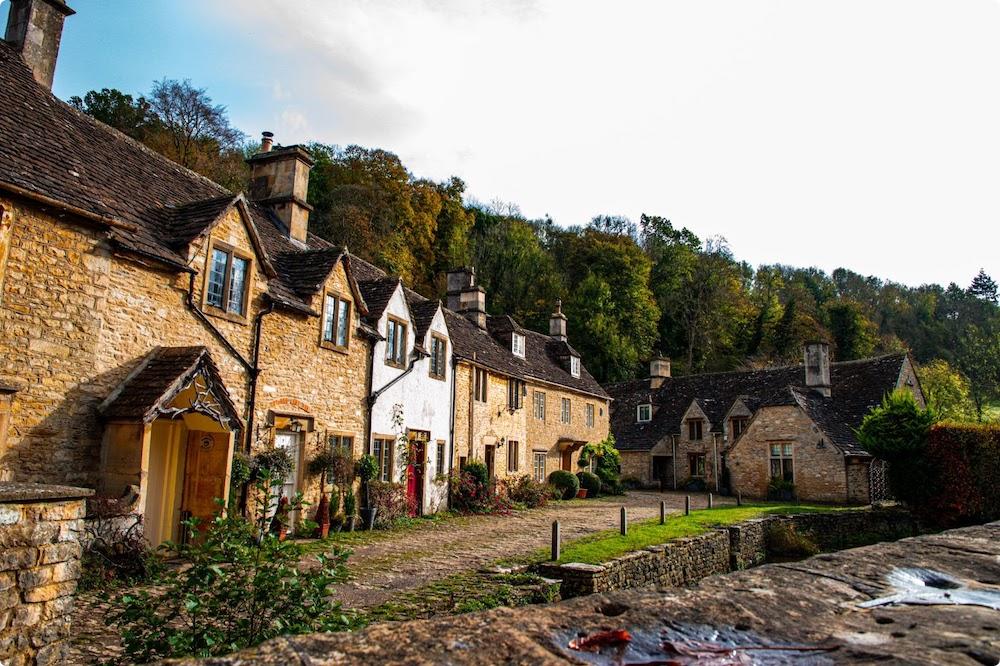Renewable energy is more important than ever and, in turn, the popularity of renewable energy sources such as solar panels is soaring. That being said, the rules and regulations surrounding the installation of solar panels in Conservation Areas aren’t hugely well known. We untangle whether you’re allowed to have solar panels installed on your property if it falls within a Conservation Area.
What are solar panels?
Solar panels make up an energy generating system that converts sunlight into electricity. It’s made up of photovoltaic solar cells that are mounted on a frame. These cells are what converts the sunlight into electricity.
What is a Conservation Area?
The UK has around 10,000 Conservation Areas. Conservation Areas are designated places that have architectural or historical significance. For example, Brunswick Town in Hove boasts neoclassical architecture and Branksome Chine Gardens in Poole is a protected woodland. Conservation Areas have certain regulations in place to preserve the character and feel of areas. Some of the restrictions include:
- Guidelines on demolition for listed buildings
- Building double-storey extensions
- The type of cladding or windows on a property
- Materials acceptable for use on schools, universities and hospitals
- Rules around works on retail spaces
To find out whether your property falls into a Conservation Area and to understand the implications, book an advice call with our experienced planning team at Resi. Alternatively, find your local council or your local planning authority and contact them directly for queries.

What aspects of a Conservation Area could impact on solar panel installation:
Generally, the rules surrounding solar panels are lenient as the government is keen on their installation as a way of encouraging green energy. However, when it comes to conservation areas and other places of interest, there are some restrictions in place. This is to protect the local environment or the look and feel of a place.
Some Conservation Areas fall under Article 4 Directions which can include incredibly strict restrictions such as:
- Solar panel and chimney installation (if they’d be road-facing and on the side or front of the property)
- Types of windows
- Cladding (e.g. stone, timber, tile, plastic)
- Double-storey-extensions
- Extensions to retail properties (extensions must match appearance of existing building)
- Changes to agricultural land
- Materials used for schools, colleges, universities and hospitals
- Demolition
- Roof extensions and alterations
- Side extensions
How to approach getting solar panels installed:
Outside of Conservation Areas, the installation of solar panels falls under Permitted Development, meaning that you don’t need to contact your local planning authority for permission. However, when it comes to installing solar panels within Conservation Areas, the rules and building regulations change slightly so it’s worth contacting your local council to get clarity. Alternatively, contact our planning team who can find this information and deal with the admin for you. Here’s a glimpse at just some of the considerations:
- Solar panels must not be installed on walls facing roads.
- Solar panels must not be installed on listed buildings or sites considered a monument.
- If installed on a roof, the roof must be shown to be strong enough to hold the solar panels.
- You may also need to apply for a Lawful Development Certificate (LPC).
If it’s not only solar panels you’re considering for your next home project, try our Quick Quote Calculator to see how much that extension could cost you.





















